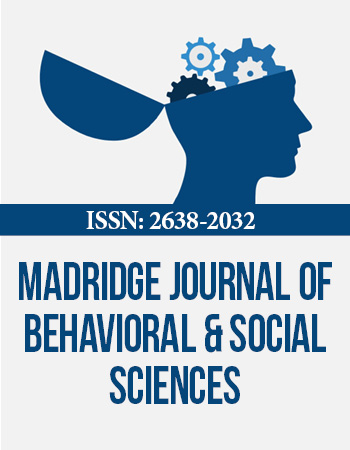International Conference on Alzheimerʼs Disease & Associated Disorders
May 7-9, 2018 Rome, Italy
The Functional Ramifications of TREM2 Variants in Human Induced Pluripotent Stem Cell Derived Microglia-like Cells
University College London Institute of Neurology, United Kingdom
The dysfunction of microglia, the brainʼs immune cells, is linked to dementia. Heterozygous variants in the gene Triggering Receptor Expressed on Myeloid Cells (TREM2) are associated with late-onset Alzheimerʼs disease, whilst homozygous variants cause Nasu-Hakola disease (NHD), an early-onset dementia. Here, we generated induced pluripotent stem cell-derived microglia-like cells (iPSC-MGLC) from patients with NHD caused by a homozygous T66M or W50C variant in the TREM2 gene, unaffected T66M heterozygous relatives and controls. Human iPSC-MGLC expressed microglial markers, and expressed and secreted TREM2. TREM2 expression and secretion were reduced in TREM2 variant iPSC-MGLC, which also exhibited impaired phagocytosis of apoptotic neuronal cells, but not other substrates. Cytokine secretion was unaffected. Taken together, these findings highlight the ramifications of TREM2 variants in robust human models of microglia.
Biography:
Jennifer Pocock hold a degree in Applied Biology (1st class, specializing in Cell Biology, Biochemistry and Physiology) and a PhD in Neurophysiology. She had undertaken postdoctoral research at the University of Dundee, Scotland, UK and the University of California, USA. She is currently a Senior Lecturer in the Department of Neuroinflammation, University College London Institute of Neurology, London, UK. His research focus is to understand the role of inflammatory particularly microglia, the immune cell of the brain, in disease progression, especially in Alzheimerʼs Disease. His laboratory is currently using human fibroblast derived iPSCs expressing mutations in the TREM2 receptor, linked to Alzheimerʼs disease (R47H), Nasu Hakola disease (T66M, W50C) as well as CRISPR edited BV2 microglia for TREM2 KD and KO with which we are investigating signalling pathway deviations from control common variant cells.


